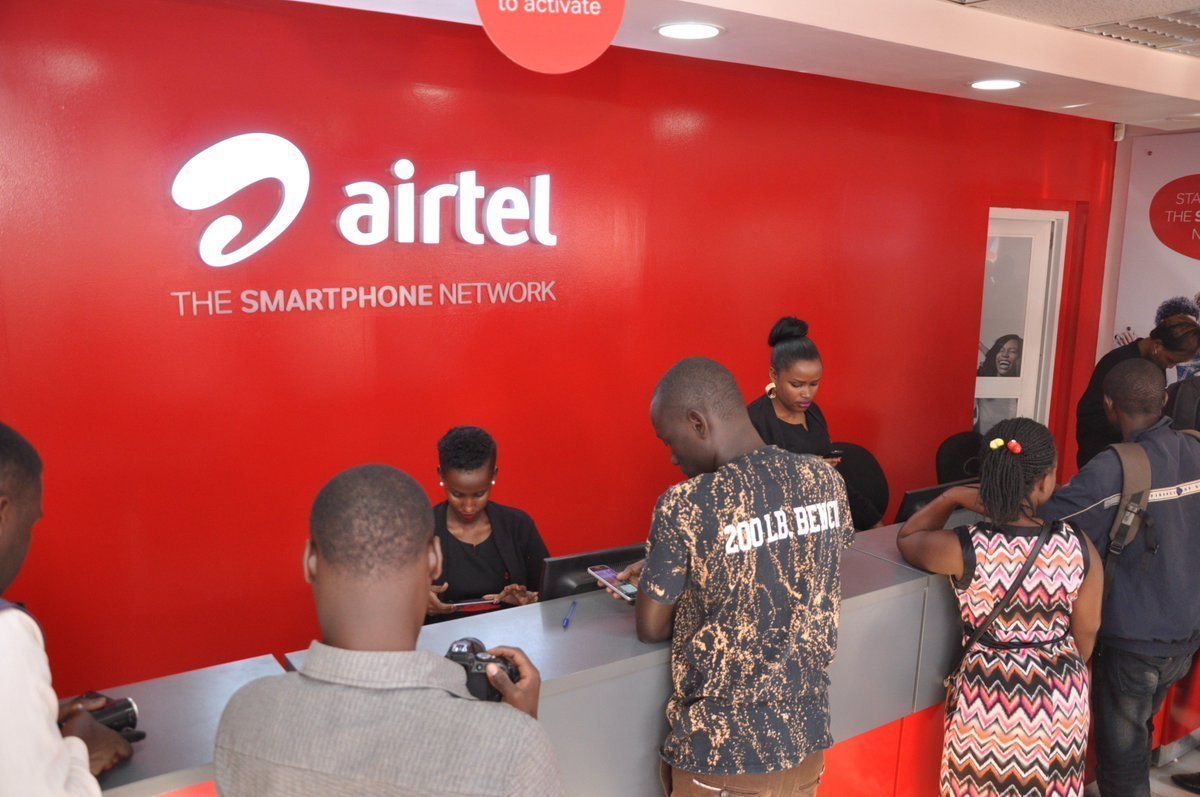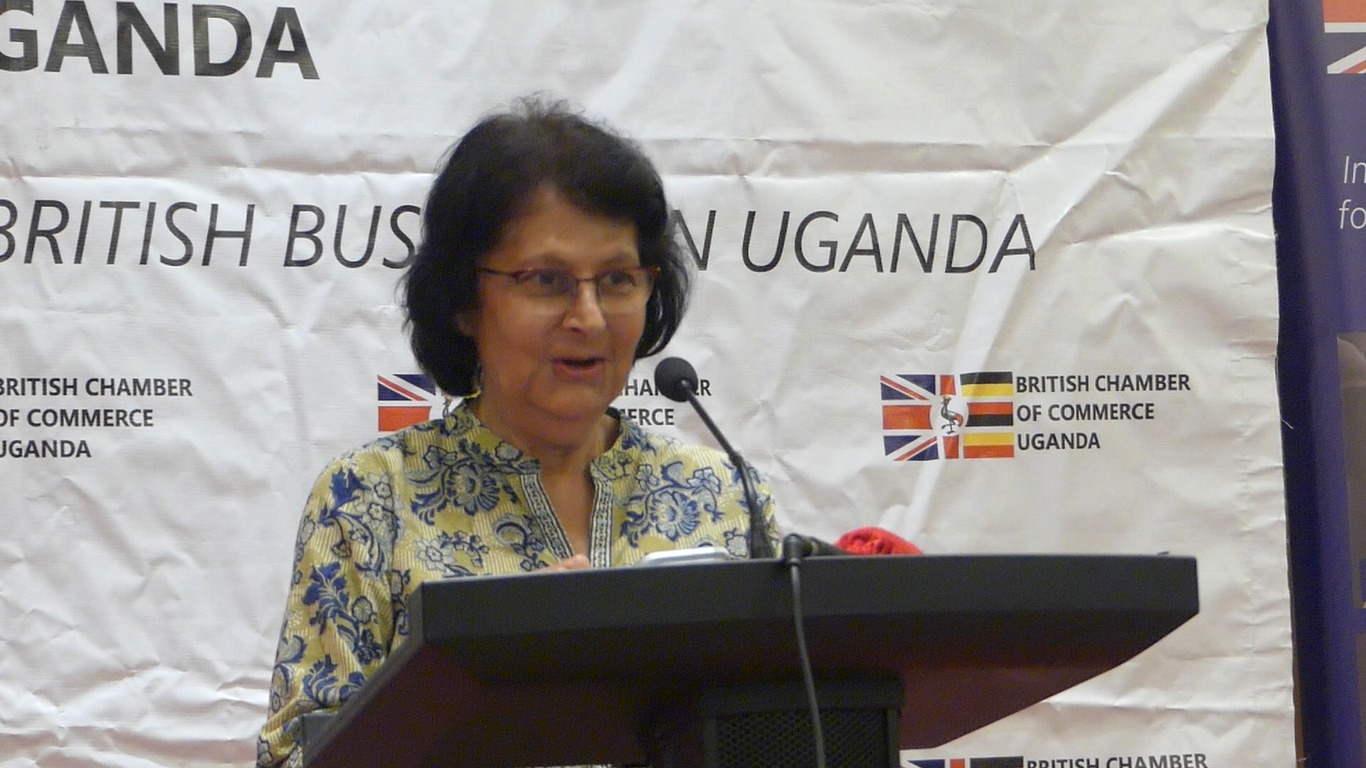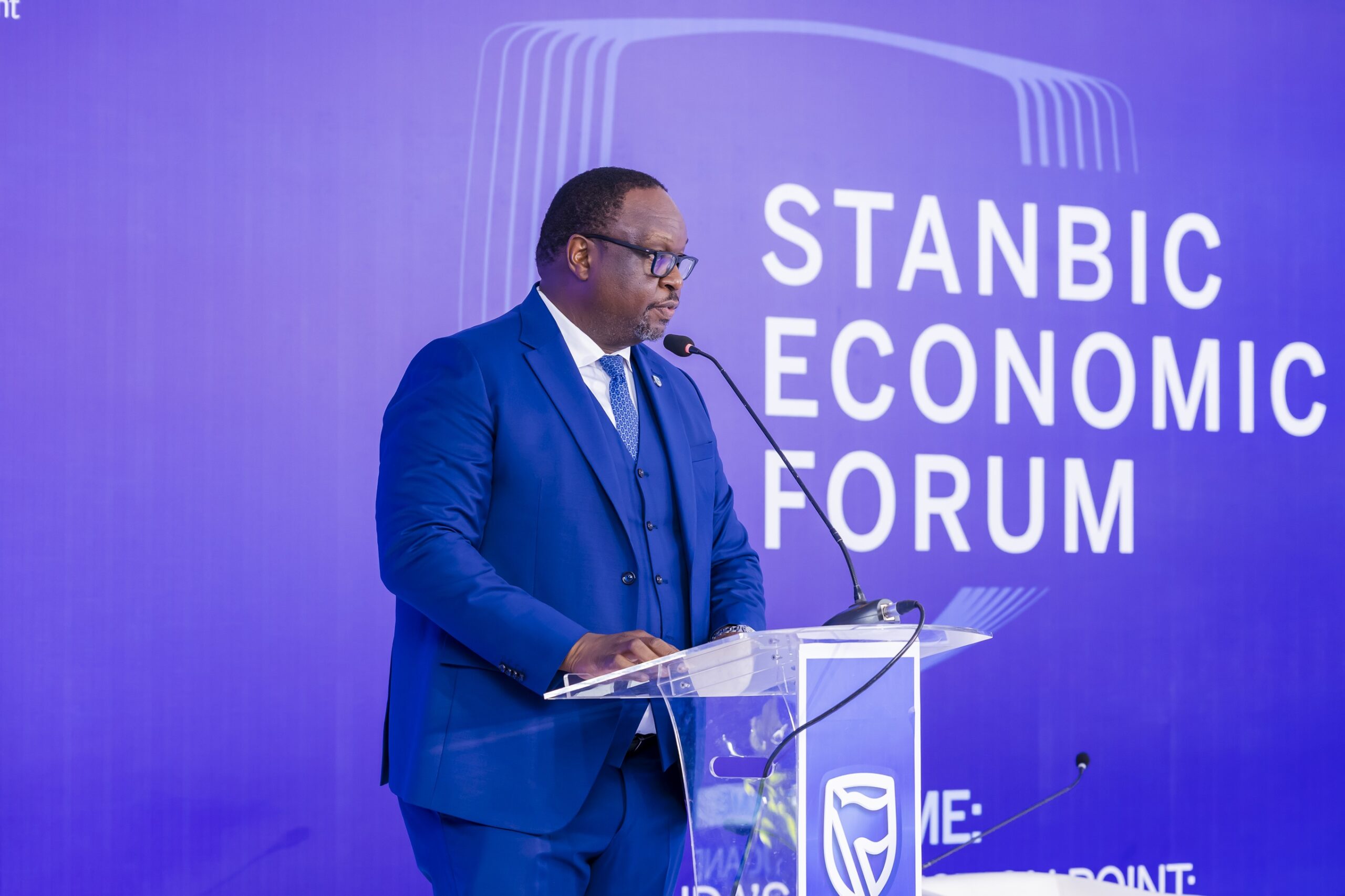A seismic shift is underway in Uganda’s telecommunications sector, with data usage surpassing traditional voice calls as the preferred mode of communication, according to Airtel Uganda’s latest financial results.
For the half-year period ending June 30, 2025, Airtel reported a 30.4% surge in data revenue, reaching Ushs 525.7 billion and accounting for nearly half of its service revenues. This marks a significant departure from the era when voice calls dominated the telecom industry’s revenue stream.
“Data has become the backbone of how Ugandans connect,” said an Airtel spokesperson.
The numbers tell a compelling story. Airtel’s data subscriber base grew by 25.9% to 7.5 million, with average monthly data usage per user rising 22.6% to nearly 6GB. This surge in demand has strained network capacity, prompting Airtel to expand its infrastructure rapidly.
In the past six months, the company deployed 176 new 4G sites, laid 1,793km of fibre, and installed 150 additional 5G sites. As a result, 86.9% of Airtel’s traffic now flows through 4G networks, up from 80.4% a year ago, reflecting a growing appetite for faster and more reliable connections.
The Uganda Communications Commission (UCC) reinforces this trend in its Q2 2025 market report. With 16.5 million mobile internet subscriptions nearly matching the country’s 17.6 million smartphone users, data consumption is soaring while airtime purchases decline.
Social media platforms drive much of this growth, with WhatsApp leading at 9.2 million users, followed by TikTok (8.8 million), YouTube (6.1 million), and X (1.1 million). TikTok alone accounts for 56% of total data usage, with WhatsApp and YouTube contributing 24% and 13%, respectively.
Affordable smartphones are fueling this digital revolution. Airtel’s network now boasts 39.9% smartphone penetration, bolstered by financing programs like Airtel Badili and partnerships with Mogo and others, making devices more accessible to Ugandans.
Meanwhile, the MyAirtel app has become a digital hub for 1.25 million monthly active users, signaling a shift toward self-service account management over traditional service centers.
This data-driven transformation extends beyond entertainment to education and commerce. From small businesses leveraging WhatsApp to rural learners accessing online resources, Uganda is rapidly evolving into a data-first economy.
If current trends persist, Airtel’s data business may soon redefine its entire business model, positioning data as the cornerstone of Uganda’s telecom future.







